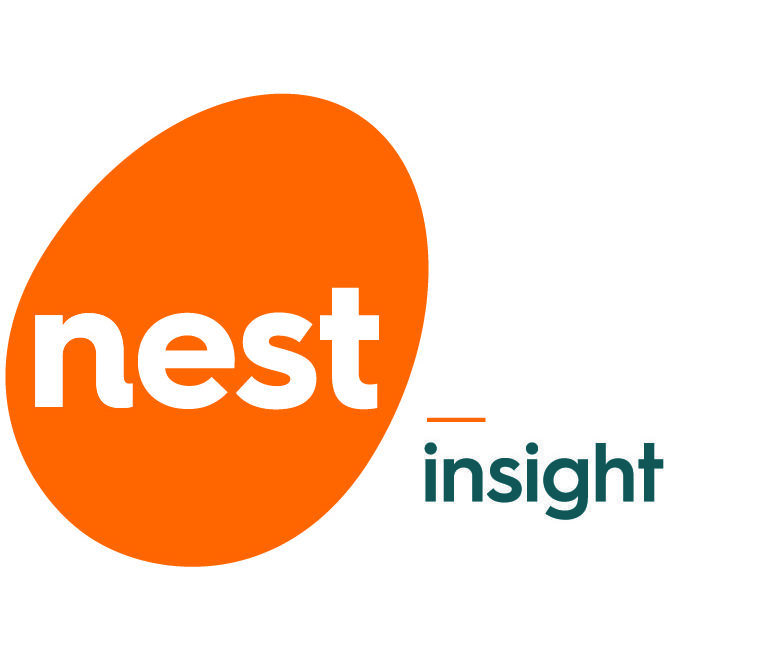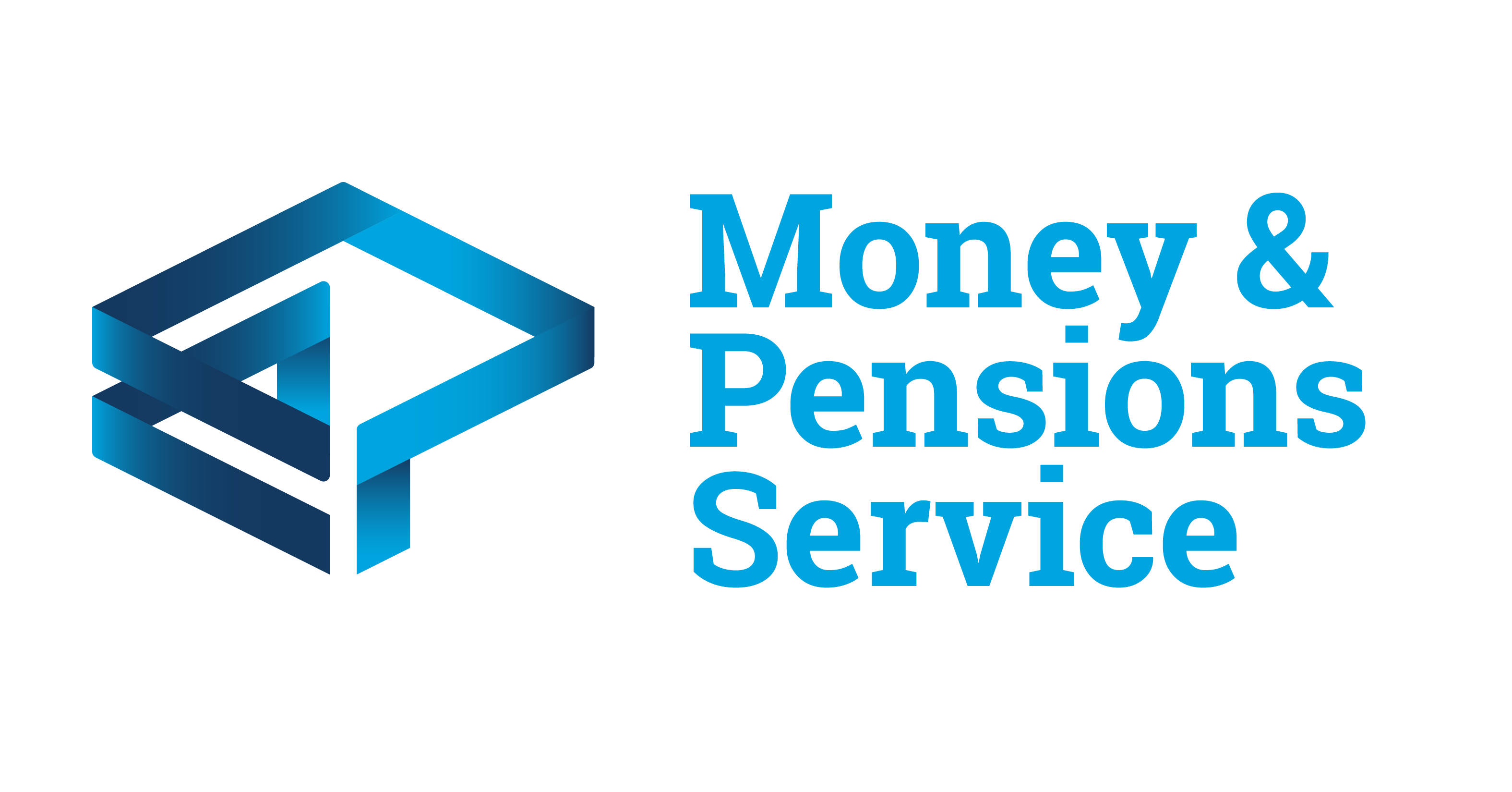Read the report: Supporting emergency saving – early learnings of the employee experience of workplace sidecar saving (PDF)
- 6 in 10 employees think that the savings tool could help them, rising to 8 in 10 of those struggling with bills and other financial commitments
- 85% of employees think emergency saving is important
- Employees value payroll deduction and the ease of getting started with saving
- Savings persistency is high, and over ¼ of savers are making deposits in addition to payroll saving
Today, Nest Insight has published a third briefing paper sharing early learnings from its sidecar savings research trial. The new report focuses on the experience of employees, sharing insights into people’s perceptions of and reactions to the savings tool; who’s using it and how it’s being used so far.
The sidecar savings tool, provided by the trial’s technology partner Salary Finance, has been introduced in participating workplaces as an employee benefit called ‘Jars’. The tool is designed to help employees build up emergency savings and, when a savings target is reached, to put more aside for retirement on top of their normal auto enrolment pension contributions. This latest research shares analysis of administrative data, surveys and qualitative interviews with employees who are eligible for Jars at the participating workplaces.
Sidecar savings idea appeals to many employees, particularly those less financially secure
Around 6 in 10 employees think that Jars could help them, rising to 8 in 10 of those struggling with bills and financial commitments. Encouragingly, analysis so far indicates that people in the Money and Pensions Service (MaPS) ‘squeezed’ and ‘struggling’ segments are being brought into saving through Jars. These are target groups for emergency saving who may not have previously had a financial buffer in place to protect them from income and expenditure shocks.
More generally, the idea of saving may have become more salient for some employees because of recent experiences of uncertainty and financial insecurity due to the pandemic. Indeed, 85% of employees said that they think saving for emergencies is important. As one employee explained: “I think it’s made me realise just how quickly you can lose an income. It’s shown me savings are more important than ever.”
Automatic payroll saving is highly valued
By saving automatically directly from their salaries, employees explained that they could take their net-pay at face value, avoiding the need to actively account for money they were putting away, or feeling the ‘loss’ of the money after it has been ‘in their pocket’. One Jars user commented: “You don’t have to look at your wages, it’s already gone. You do it without even thinking about it. It alleviates the stress and worry about financial situations. You know your net sum is your net sum, you don’t have to worry about putting that money aside, it’s one bill out the way.”
Savings persistency is high, and over ¼ of savers making deposits in addition to payroll saving
Once signed up, Jars users are saving persistently, and very few accounts (2%) have been closed. The average savings contribution into Jars is around £100 a month*.
Interestingly, despite the effectiveness of the ‘set and forget’ payroll saving mechanism in getting people saving, savers are still engaging quite actively with their accounts:
- Flexing the savings amount up and down: 15% of Jars users have made a change to their regular payroll savings amount. Of these changes, 76% were increases in the savings amount and 24% were decreases.
- Additional deposits: Just over 1 in 4 Jars users have made additional deposits outside payroll, with a mean value of a deposit at just over £300. This is higher for women, at just over £400, than for men at just over £275.
- Withdrawals: Even at this early stage, it is encouraging to see that 4 in 10 Jars users have made a withdrawal from their emergency savings account to manage financial shocks or smooth income. ‘Struggling’ Jars users are the most likely to have made at least one withdrawal (55% have done so), followed by ‘Squeezed’ Jars Users (42%), with the ‘Cushioned’ segment the least likely to have made a withdrawal (31%). ‘Struggling’ Jars users are also the most likely group to have made multiple withdrawals, with 36% of them having made 5 or more withdrawals, compared with 22% of the ‘Squeezed’ segment and 18% of the ‘Cushioned’ segment.
Pension rollover not seen as a primary benefit, but is largely viewed positively
Because these learnings are being shared before the trial is completed, 8 in 10 Jars accounts have been open for only a year or less, and a quarter for less than 6 months. As is to be expected at this stage in the trial, very few Jars users have hit their savings targets after which point additional contributions are made to their workplace pension. Balances are however building on average over time, despite withdrawals being made, with the average emergency savings account balance after one year standing at just over £550.
When discussing Jars, emergency savings comes top of mind for employees, with the pension rollover feature often overlooked although perceived by most as a useful feature when prompted. One Jars user commented: “I think it’s a really good idea. […] It’s helping boost that finance for the later years in life.’
Gap remains between intention to save and action
Whilst many employees think Jars would help them, sign up levels are currently low, although in line with that of other voluntary payroll saving tools. 98% of people who say they think Jars will help them have not signed up.
As in many areas of life, including other workplace benefits, there are behavioural and structural barriers that can get in the way of intention translating into signing up. The paper identifies and explores some of these barriers. In future research, Nest Insight will be testing a range of approaches to reduce or overcome these barriers to participation, including an opt-out joining mechanism working with the FCA Regulatory Sandbox scheme. Nest Insight is currently looking for interested employers and delivery partners to participate in this new research.
Jo Phillips, Director of Research and Innovation at Nest Insight, comments:
“These emerging insights from the trial are really encouraging. The evidence we’ve gathered so far suggests that the savings tool is bringing people into saving who may not have previously had any money put aside, and there are already anecdotal indications of a positive impact of on financial wellbeing, resilience and confidence. What’s particularly brilliant to see is that even at this early stage, people are actively using their emergency savings to help smooth their income or deal with financial shocks. Whilst the prevailing norm is often to celebrate increasing balances, success in emergency saving means using that money when needed, which may mean avoiding debts or high-cost credit.
“With the recent addition of ITV as a participating employer, and more analysis planned to understand behaviours over time, we’re building a robust and growing evidence base on the effectiveness of this savings tool. Whilst we hope these early learnings help to inform thinking in the industry and among policymakers, the full research programme is necessarily a long-term effort to allow us to explore the impact over time, including the role of the link to pension saving. We look forward to sharing further insights from our trial as they become available.”
*The mean of all contributions made into Jars over the trial period so far is £97.15. The mean of the mean contribution per account is £108.91.
ENDS
Notes to editors
Nest Insight’s third briefing paper is available here: Supporting emergency saving: early learnings of the employee experience of workplace sidecar saving (PDF)
Contact us
About the sidecar savings trial
This trial is supported by BlackRock Charitable Trust, the Money and Pensions Service (MaPS) and JPMorgan Chase. The research is being led by Nest Insight, working with academics Sarah Holmes Berk, John Beshears, James Choi, David Laibson, and Brigitte Madrian as well as MaPS. Salary Finance is the trial’s technology partner, providing the savings tool which will be introduced in participating workplaces as ‘Jars’. Jars allows employees to set up regular payroll deductions to save money into their emergency savings jar, provided by Yorkshire Building Society, and, when they reach their savings target, to save more into their existing workplace pension. Jars is being trialled in participating UK workplaces: BT, ITV, StepChange, Timpson, and the University of Glasgow. To find out more about the trial, please visit: nestinsight.org.uk/liquidity/
Workplace emergency savings: a landscape review of existing evidence
Today, Nest Insight has also published a supplementary paper bringing together the broader evidence base around workplace emergency saving, and highlighting areas where further research is needed. The report is available here: Workplace emergency saving: a landscape review of existing evidence (PDF)
About the Money and Pensions Service (MaPS) segmentation
Via existing Yorkshire Building Society (YBS) data integrations, it was possible to map Jars users to the Money and Pension Service’s (MaPS) segmentation of UK adults according to financial resilience. A brief summary of this segmentation is given here:
| The Money and Pensions service segmentation of UK adults according to financial resilience | ||
| Struggling | Squeezed | Cushioned |
| 25% of the UK adult population
Median household income: £16,500 Struggle to keep up with bills and payments and to build any form of savings buffer. The least financially resilient and the most likely to be over-indebted. |
32% of the UK adult population
Median household income: £22,500 Significant financial commitments but relatively little provision for coping with income shocks.
|
43% of the UK adult population
Median household income: £32,500 The most financially resilient group with the highest levels of income and savings and the lowest proportion of over-indebtedness.
|
Further details available here: https://moneyandpensionsservice.org.uk/wp-content/uploads/2021/03/market-segmentation-report-an-overview.pdf
About Nest Insight

Nest Insight is a collaborative research unit set up by Nest Corporation to help understand and address the challenges facing Nest members and other defined contribution savers. For more information visit: nestinsight.org.uk
About our programme partners

BlackRock’s Social Impact team works to help make prosperity possible for more and more people around the world. Through the BlackRock Charitable Trust and the BlackRock Foundation, the team supports programmes that bring financial security within reach for those facing historic and ongoing barriers to opportunity. For more information, visit blackrock.com/corporate/about-us/social-impact

The Money and Pensions Service (MaPS) vision is: ‘everyone making the most of their money and pensions’. MaPS is an arm’s-length body committed to providing access to the information and guidance people across the UK need to make effective financial decisions over their lifetimes. For more information, visit maps.org.uk
![]()
JPMorgan Chase & Co. (NYSE: JPM) is a leading global financial services firm with assets of $3.7 trillion and operations worldwide. The Firm is a leader in investment banking, financial services for consumers and small businesses, commercial banking, financial transaction processing, and asset management. A component of the Dow Jones Industrial Average, JPMorgan Chase & Co. serves millions of customers in the United States and many of the world’s most prominent corporate, institutional and government clients under its J.P. Morgan and Chase brands. Information about JPMorgan Chase & Co. is available at www.jpmorganchase.com.
As part of its firmwide strategy to drive an inclusive economic recovery, JPMorgan Chase has committed $125 million over five years to improve the financial health of those most in need by creating affordable and scalable products and services, supporting nonprofits that improve financial resilience, and boosting the financial health of its own employees.
About our delivery partners
![]()
Salary Finance is on a mission to help millions of people around the world to become financially happier and healthier. It currently helps over 3 million employees at 550+ of the UK’s largest employers. Salary Finance partners with employers to provide a range of salary-linked employee benefits, helping employees to get out of debt, start saving, advance their pay, protect their future and learn better financial habits. For more information, visit salaryfinance.com
![]()
Yorkshire Building Society is a mutual organisation, owned by its members and customers. It’s driven by social purpose and here to serve its members. It’s proud of the difference it makes to people’s lives by helping them to achieve their goals. It’s here to create long-term member value, help people have a place to call home and support them towards greater financial wellbeing. It believes that helping people with these goals is how it can make the biggest contribution to society. For more information visit: ybs.co.uk







